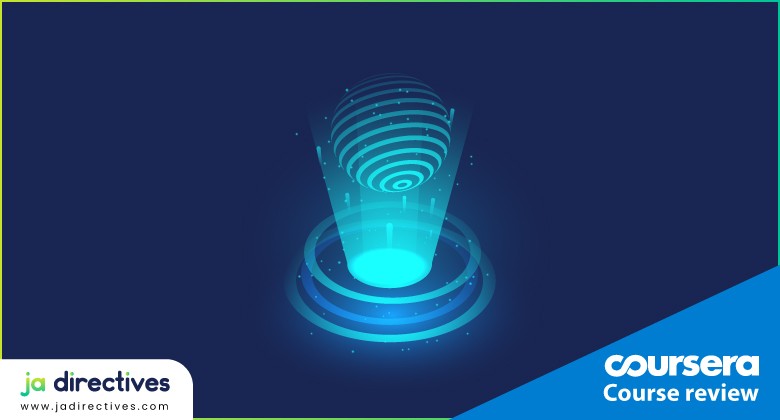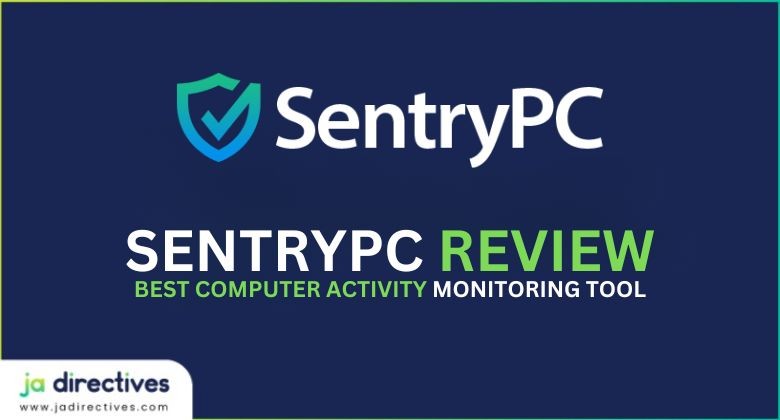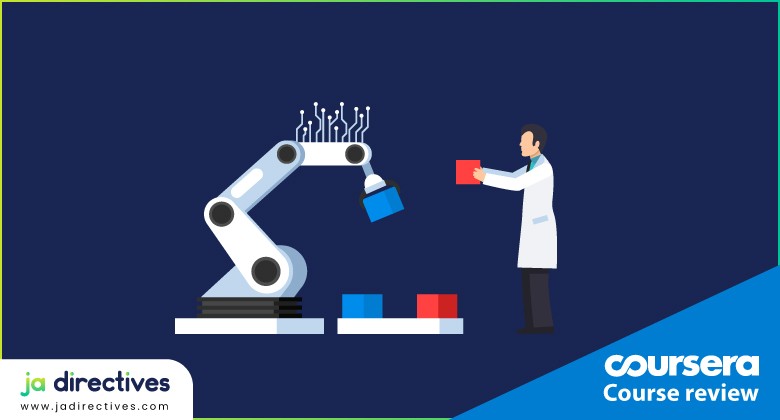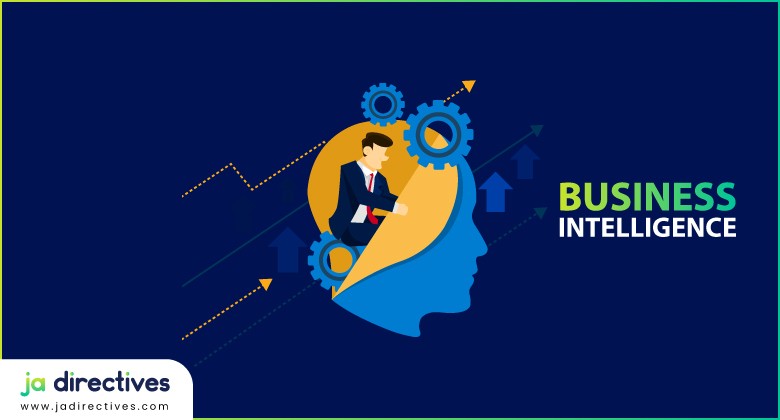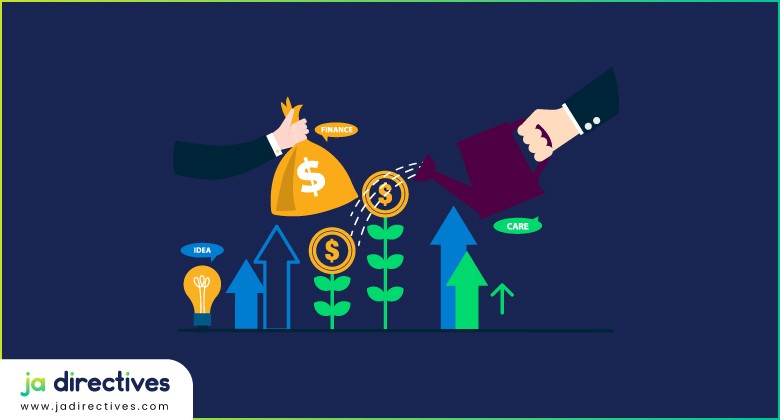Data Science Specialization is one of the best-known sets of courses offered by Coursera in conjunction with Johns Hopkins University.
This specialization covers the concepts and tools you’ll need throughout the entire data science pipeline. The Specialization concludes with a Capstone project that allows you to apply the skills you’ve learned throughout the courses.
Coursera John Hopkins Data Science is a ten-course program that covers the data science process from data collection to the production of data science products. It focuses on implementing the data science process in R.
Coursera Data Science Specialization Review in 2024
How Data Science Specialization JHU Coursera Works
Coursera Johns Hopkins data science certification includes 9 courses and a capstone project.
Some basic programming experience (in any language) is recommended to complete this Coursera jhu data science. Also, suggest a working knowledge of mathematics up to algebra (neither calculus or linear algebra are required).
The specialization opens with The Data Scientist’s Toolbox, providing a broad overview of the specialization itself and of the tools and technologies that will be covered throughout the course.
You will learn the basics of Git, GitHub, Markdown, and R. With tutorials on how to install RStudio and R packages.
About 346k+ students have already enrolled (rating 4.5 out of 5) for this John Hopkins Data Science Coursera Specialization.
Learners who can take Johns Hopkins Data Science Certification
Learners who can take this Specialization are-
- Data Analysts
- Risk Managers
- Data Scientists
- Scientists
- Biostatisticians
Data Science Specialization on Coursera Instructors
This online Specialization is taught by three instructors.
- Jeff Leek, Ph.D. Associate Professor, Biostatistics, Bloomberg School of Public Health
- Brian Caffo, Ph.D. Professor, Biostatistics, Bloomberg School of Public Health
- Roger D. Peng, Ph.D. Associate Professor, Biostatistics, Bloomberg School of Public Health
Courses in Data Science Specialization
Course Breakdown in several parts. There are 10 Courses in this Specialization.
1. The Data Scientist’s Toolbox: There is an exercise in installing R and git, together with an overview of the other courses in the specialization. If you are familiar with R and git, it will be easier for you.
2. R Programming: This course is full of discussions on R Programming. This unit is one of the better of the ten and gives a basic grounding in R. You will learn how to program in R and how to use R for effective data analysis.
3. Getting and Cleaning Data: This tutorial is for getting a grasp of the various ways of extracting data into R. The course will also cover the components of a complete data set including raw data, processing instructions, and codebooks.
You will also learn how to process data and it will also cover the basics needed for collecting, cleaning, and sharing data.
4. Exploratory Data Analysis: This topic covers the exploratory techniques for summarizing data. Exploratory techniques are very important for eliminating or sharpening potential hypotheses about the world that can be addressed by the data.
You can also learn, in detail about plotting systems in R as well as some of the basic principles of constructing data graphics.
5. Reproducible Research: The subject of this unit literate (statistical) programming – is one of the more important subjects covered in the specialization.
This course specially focuses on the concepts and tools behind reporting modern data for analysis.
This tutorial has also focused on literate statistical analysis tools which allow one to publish data analyses in a single document that allows others to easily execute the same analysis to obtain the same results.
6. Statistical Inference: Statistical inference is the process of drawing conclusions about populations or scientific truths from data.
This course presents the fundamentals of inference in a practical approach.
After taking this course, you will understand the broad directions of statistical inference and use this information for making informed choices in analyzing data.
7. Regression Models: This is the explainable counterpart to machine learning. This course covers regression analysis, least squares, and inference using regression models.
The course will cover modern thinking on model selection and novel uses of regression models including scatterplot smoothing.
8. Practical Machine Learning: This course showed some of the most current model types in data science: Gradient Boosting Machines (GBMs) and Random Forests.
This course will cover the basic components of building and applying prediction functions with an emphasis on practical applications.
This part will also provide basic grounding in concepts such as training and test sets, overfitting, and error rates.
9. Developing Data Products: A data product is the production output from a statistical analysis. This course covers the basics of creating data products using Shiny, R packages, and interactive graphics.
This online tutorial will focus on the statistical fundamentals of creating a data product that can be used to tell a story about data to a mass audience.
10. Capstone Project: The capstone project involves creating a Shiny web application that, given a sequence of input words, predicts the next word in the sentence.
This project requires some understanding of NLP, data management, Shiny, and RPubs. The project provided a good experience of what being a data scientist entails.
It necessitated a lot of research, data mangling, and performance tuning that are common in the field. The end product is useful and the skills required to make it run well are novel and useful.
The capstone project class will allow you to create a usable/public data product that can be used to show your skills to potential employers.
Earn a Career Credential
When you finish every course and complete the hand on the project, you’ll earn a Certificate that you can share with prospective employers and your professional network.
You will need to successfully finish the project(s) to complete the Specialization and earn a certificate.
These Career Credentials will help you to unlock access to work in top universities and organizations as well as you can get a chance to get a career credential from the world’s best educational institution.
Starting a Career in Data Science
Once that tutorial is complete, new technology is introduced.
This specialization focused more on one or two technologies and expanded more deeply on how they work and what can be accomplished with them.
Coursera provides universal access to many top universities and organizations, after completing this specialization. It will definitely give you a chance to start your career as a data scientist.
There are many career paths in Data Science that are popular and also well-paying such as;
- Machine Learning Engineer
- Quantitative Analyst
- Data Warehouse Architect
- Business Intelligence Analyst
- Statistician
- Business Analyst
- Systems Analyst
- Marketing Analyst
- Operations Analyst
Coursera Subscription
For a breakthrough price, you’ll learn from top university instructors and graduate with an industry-relevant university credential.
When you subscribe to a course that is part of a Specialization, you’re automatically subscribed to the full Specialization. Visit your learner dashboard to track your progress.
When you enroll in the course, you get access to all of the courses in the Specialization, and you earn a certificate when you complete the work. If you only want to read and view the course content, you can audit the course for free.
This specialization is not free, but you can apply for financial aid to get it for free.
Each course in the Specialization is offered monthly.
Coursera JHU Data Science takes $470 for 3-6 months and takes 4-9 hours a week of effort.
You may also like:
- Coursera Python for Everybody Specialization Review
- 45 Best Data Science Certification, Degree & Course
- 9 Best R Programming Certification, Courses & Training
- 26 Best Online Business Courses for Entrepreneurs
- 11 Best Business Analytics Certification Courses online & Training
- 17 Best Project Management Courses Online for Managers
- Coursera Advanced Machine Learning Specialization Review
If this post was helpful, please share it with your friends, family, and social media so that others can also get this information!
Farzana Ahmed Sabera, a digital marketing strategist and a dynamic individual with a passion for writing, deep understanding of diverse subjects. Done several research works focused on Digital Image Processing. Published research paper on International Journal. Always love to work with new technologies.

